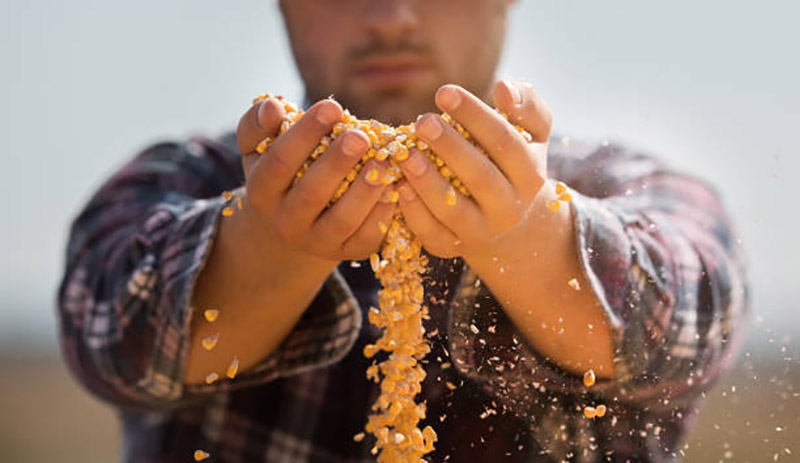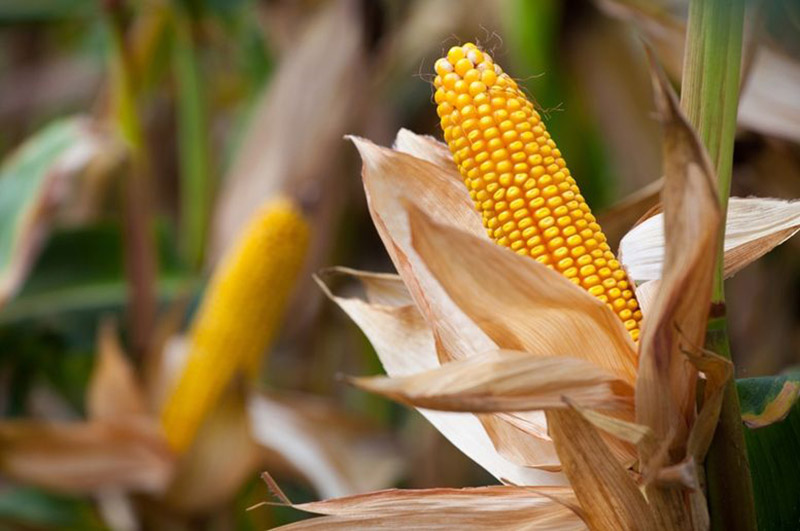Anuvia’s SymTRX: Improve Bottom Line, Enrich Soil and Reduce Greenhouse Gasses
SymTRX: Improve Bottom Line, Enrich Soil and Reduce Greenhouse Gasses

When it comes to an all-in-one solution for improved yield, soil health, and sustainability, SymTRX20S bio-based enhanced efficiency fertilizer checks off all the boxes. Proven incremental yields combined with agronomic and environmental benefits provide retailers the ideal fertilizer to help farmers optimize nutrient management and maximize crop performance while at the same time reducing their environmental footprint.
Improves Soil Health and Carbon Sequestration
SymTRX20S fits like a glove when it comes to soil health, sustainability and carbon strategies. The technology used in Anuvia’s manufacturing process produces enhanced efficiency, 87% USDA-certified bio-based fertilizer that’s different from other fertilizers.
SymTRX returns up to 16% organic matter to the soil which feeds the soil microbiome and translates into better soil health and increased yields.

By using SymTRX, farmers can benefit in three ways. First, yields are increased through better plant performance and improved nutrient utilization. Second, soil health is improved. SymTRX returns 16% organic matter back the soil feeding the soils’ microbiome which supports regenerative soil strategies. Third, environmental impact is reduced — fewer nutrients are lost through leaching and volatility, and GhGs are reduced — compared to traditional practices
Supports Better Yields and ROI
Farmers can realize greater than 5% yield increases using SymTRX compared to using only traditional fertilizers, according to four years of university and on-farm trials. Corn, cotton, rice, spring and winter wheat, sugarbeets and canola — all show positive return on investment using SymTRX.

Soil Health Drives Carbon Opportunities
“Farmers and their trusted advisors care about soil health and carbon because they are managing a valuable environmental asset,” says Jay McEntire, CEO, Arva Intelligence. The Arva deep tech agriculture company works with industry partners to collect data needed to participate in emerging carbon markets which could provide farm revenue beyond the sale of grain and livestock.

“Good agronomic practices that support soil health, sustainability and address the environmental issues of GhG emissions, erosion and water quality will, ultimately, mean more profitability for the farm,” says Jason Weller, president of Truterra, the farmer-led and farmer-driven sustainability business unit at Land O’Lakes. The farmer-owned co-op is committed to being carbon negative by 2030.
Bill Northey, Iowa farmer and former USDA Under Secretary of Farm Production and Conservation (FPAC), agrees. “If you capture more carbon, soil will become more resilient over time for better crops and, hopefully, potentially capture some value from the carbon market. What’s good for soil health, is likely good for your bottom line.”